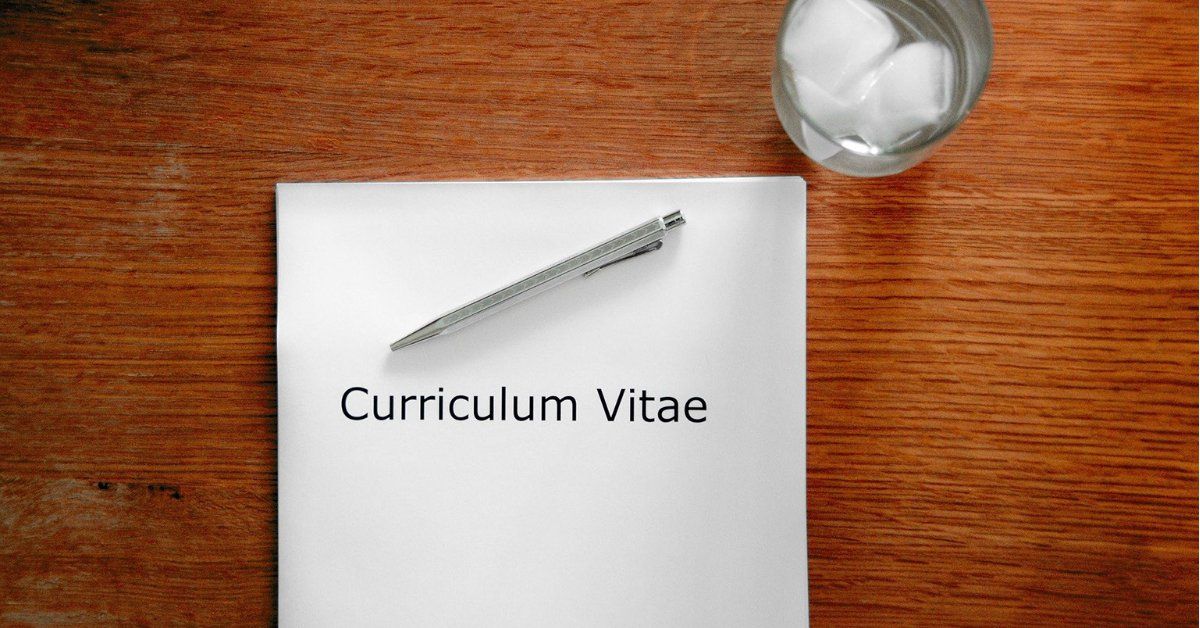How to prepare for college open days
Tips and strategies to help teenagers make the most of college open days

College open days are invaluable for students and parents to get a real sense of what the college is like and get first-hand information about the courses of interest.
So how can parents help their teenagers make the most of college open days so that they can make informed decisions about their college and course options?
For Leaving Certificate students, in particular, the Spring Open Days provide them with a final opportunity to review and decide their order of preference for CAO applications.
But, college open days are not just for Leaving Certificate students. Junior Certificate, Transition Year and Senior Cycle students all benefit massively from visiting college open days before they even need to submit a CAO application.
Starting the college exploration process early allows them time to:
- research a wide variety of courses and career fields
- dive deeper into areas of interest which may ultimately help them select their best junior certificate subjects
- identify work experience opportunities, and / or
- focus on their senior cycle studies with more clarity now that they know what they can look forward to upon completion.

To make the most of your attendance at a college open day, here’s some tips to ensure that you can stay focused and don’t get distracted during the day.
1. Research fields of study:
Before you go, identify your preferred career fields or schools of interest (e.g. Engineering or Science or Business).
Research the specific courses that you want to learn more about. All prospectus are online and most course web-pages have video’s, text and testimonials from students.
Check out the minimum course entry requirements. There’s little point in attending a live talk to then find that you are not studying the subjects that are listed as a minimum entry requirement.
2. Plan ahead:
Think about who you are going to go with. Is it a parent or a friend, and do they know what you want to achieve for the day?
Register in advance on the college website to get timetables, campus maps and QR codes. You may also need to sign up for presentations, talks or workshops that have restrictions on numbers, so book early.
If you find that two live presentations clash; then enlist a parent or friend to attend. Chat with them about what you don’t know for that course and ask them to take notes.
3. Make a list questions:
Having reviewed online information and prospectus; write out a list of questions and store them in your Notes app (or similar). As you go through the day; review these questions and make sure that you are getting them answered.
Think about work experience opportunities; studying a foreign language as an extra; Erasmus options; module choices; end of year assessments and anything else that you are unclear of.
4. Talk with current students:
One of the best insights to a course is to talk with current students, and there is usually a few readily available on open days. Here’s some questions that you can ask them:
- What they enjoy about the course?
- What are the different module choices that need to be made and when?
- How many lecture hours per week?
- What projects are they completing?
- What are their prospective career paths?
- Will they need to do further study?
Now what else would you add to this list?
5. Clubs and support services:
Check out the various support services, clubs and societies of interests.
It’s also important to get more information on accommodation, including price, availability, booking dates, locations, and alternatives to campus accomodation.
Be sure to check out transport options to / from the college. If you are lucky enough to be driving; find out about parking options.
You may also find stands or rooms where you can get more information about sponsorships and bursaries, as there are a variety of these in many colleges, and the eligibility varies widely. If you don't ask, you won't know; and if you're not in, you can't win.
6. Limit screentime:
Ok, I feel like a ‘dinosaur’ mentioning this (and I know my sons will cringe when they read this!). I’ve attended a few open days over the last few months, and I’ve seen so many students more engaged with their phones than experiencing the college culture and vibe. It all matters.
So stay focused on why you are there and maximise the time. Avoid getting distracted by other things (or friends who may have completely different interests) and enjoy the few hours. Soak it all in. Would you like to be here for the next three to four years?
7. Reflect and plan next steps for after the Leaving Cert:
Think about what you learned today; what did you experience and what else do you need to do now to explore your options further? Are there any other questions that you have after today? What other colleges or courses do you need to investigate?
For parents, if your teenager has attended an open day, it provides an opportunity to discuss their experience; identify any concerns or issues, and provide support in their college decision making process. Here’s some questions to help reflect:
- What did you like most about the college open day?
- What surprised you the most?
- Were there any aspects of the college (or specific courses) that concern you or you didn’t like?
- What did you learn (that you did not know before) from current students or lecturers?
- How does this college (and / or courses) compare to others you have visited or are considering?
- Based on what you know today, how would you prioritize the courses of interest to you?
By following these seven tips, parents can help their teenage children stay on track and avoid getting distracted during a college open day. Open days are a wonderful experience and as parents, we want to ensure that they make the most of the day and gain valuable insights into the colleges and courses so that they can make their best CAO choices.
If you, or your son or daughter, need independent support to make decisions about their college and course options after the leaving certificate, please get in touch.










